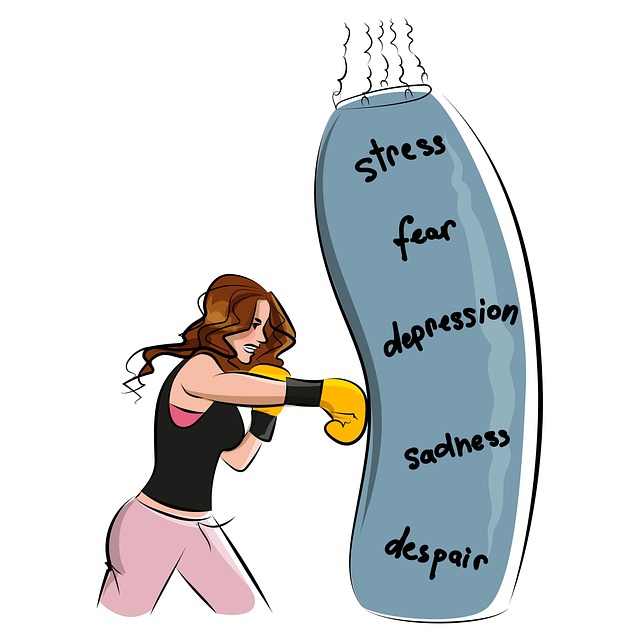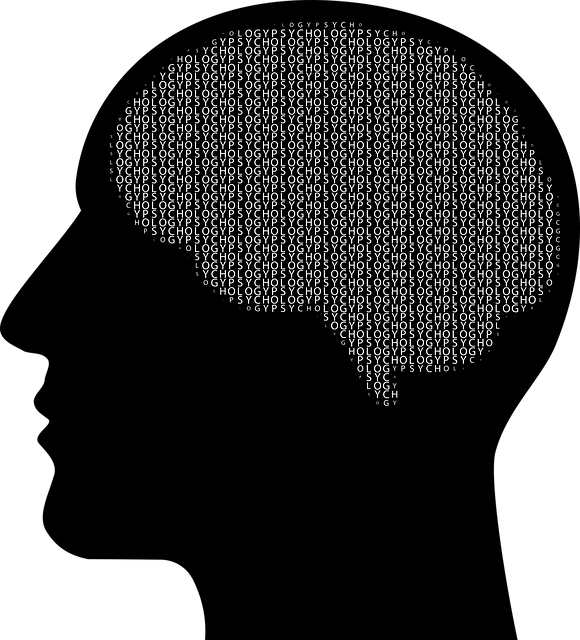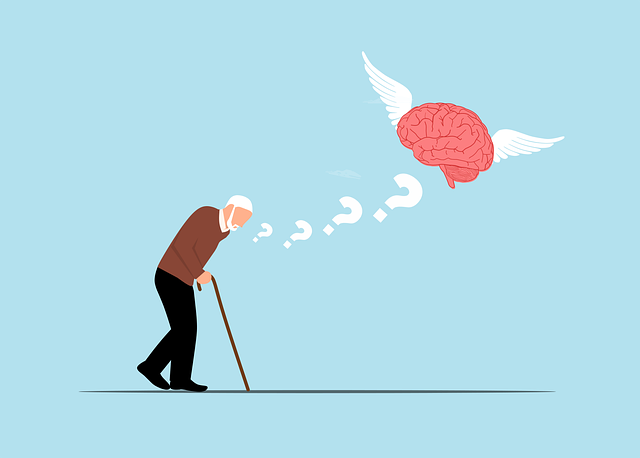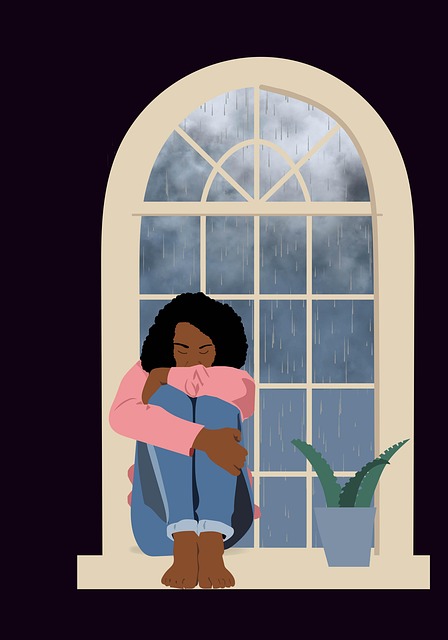Healthcare provider burnout, driven by high-stress environments and demanding schedules, causes emotional exhaustion, reduced motivation, and potential mental health issues. Prevention and management strategies include coping skills development, emotional regulation techniques, and self-care practices like exercise and mindfulness. Lone Tree Phobias Therapy offers specialized guidance for work-related stress and anxiety disorders, promoting resilience in isolated work environments. Integrated approaches foster healthier work-life balance, ensuring healthcare professionals maintain dedication and compassion over time.
Healthcare provider burnout is a growing concern, impacting patient care and overall well-being. This article explores strategies to prevent and mitigate burnout among healthcare professionals. We delve into the causes and significant effects on practitioners’ lives and patients alike. Additionally, we present a holistic approach to burnout prevention and highlight the unique contribution of Lone Tree Phobias Therapy in addressing this complex issue, offering a promising avenue for improved resilience and reduced stress.
- Understanding Healthcare Provider Burnout: Causes and Impact
- Strategies for Burnout Prevention: A Holistic Approach
- The Role of Lone Tree Phobias Therapy in Burnout Mitigation
Understanding Healthcare Provider Burnout: Causes and Impact

Healthcare provider burnout is a growing concern within the industry, impacting not only individual well-being but also patient care and organizational productivity. It stems from prolonged exposure to high-stress environments and demanding work schedules, leading to emotional exhaustion, depersonalization, and reduced personal accomplishment. Healthcare professionals often face intense pressure to deliver quality care, long hours, and complex decision-making processes, which can take a toll on their mental health.
The consequences of burnout are far-reaching. It may manifest as increased irritability, decreased motivation, and even physical symptoms like fatigue and insomnia. In extreme cases, it can contribute to more serious mental health issues such as anxiety, depression, and in some instances, suicidal ideation. Recognizing the signs and addressing them proactively is essential. Strategies like coping skills development, emotional regulation techniques, and maintaining a mental wellness journal have been shown to be effective in preventing and managing burnout. For instance, Lone Tree Phobias Therapy offers specialized guidance for professionals dealing with work-related stress and anxiety disorders, promoting resilience and overall mental health.
Strategies for Burnout Prevention: A Holistic Approach

Preventing burnout among healthcare providers requires a holistic approach that addresses various aspects of their professional and personal lives. It’s not just about managing stress but also fostering resilience, cultivating healthy habits, and creating supportive work environments. One effective strategy is encouraging professionals to prioritize self-care routine development for better mental health. This includes setting boundaries, engaging in regular physical activity, maintaining a balanced diet, and practicing mindfulness or meditation.
Additionally, incorporating conflict resolution techniques can help reduce the emotional toll of challenging interactions with patients or colleagues. Engaging in open communication, active listening, and constructive problem-solving can mitigate stress and improve overall satisfaction. The increasing popularity of mental wellness podcast series production further underscores the need for accessible resources that offer practical advice on managing burnout and promoting mental well-being among healthcare professionals, potentially including those dealing with phobias like Lone Tree Phobias Therapy.
The Role of Lone Tree Phobias Therapy in Burnout Mitigation

In today’s demanding healthcare landscape, burnout among providers is a pressing issue. Lone Tree Phobias Therapy offers a unique and effective approach to combat this challenge. This therapy focuses on addressing specific fears and anxieties associated with solitary or isolated work environments—a common trigger for burnout in healthcare professionals who frequently encounter high-stress situations. By targeting these phobias, therapists help providers develop resilience and coping mechanisms.
Incorporating Lone Tree Phobias Therapy into a comprehensive self-care routine development can significantly enhance better mental health. Self-care practices, including regular exercise, mindfulness techniques, and conflict resolution skills training, are integral to managing stress. Conflict resolution techniques, in particular, empower healthcare providers to navigate challenging interactions with colleagues or patients more constructively, reducing the emotional burden that contributes to burnout. Ultimately, these strategies work synergistically to foster a healthier work-life balance, ensuring healthcare professionals can sustain their dedication and compassion over time.
Healthcare provider burnout is a pressing issue, but with a holistic approach that incorporates strategies like Lone Tree Phobias Therapy, it can be effectively mitigated. By understanding the causes and impacts of burnout, implementing preventive measures across various aspects of practice, and utilizing specialized therapies, healthcare professionals can foster resilience and maintain well-being in their demanding careers. This not only benefits the providers but also ensures better patient care and a more sustainable healthcare system.














